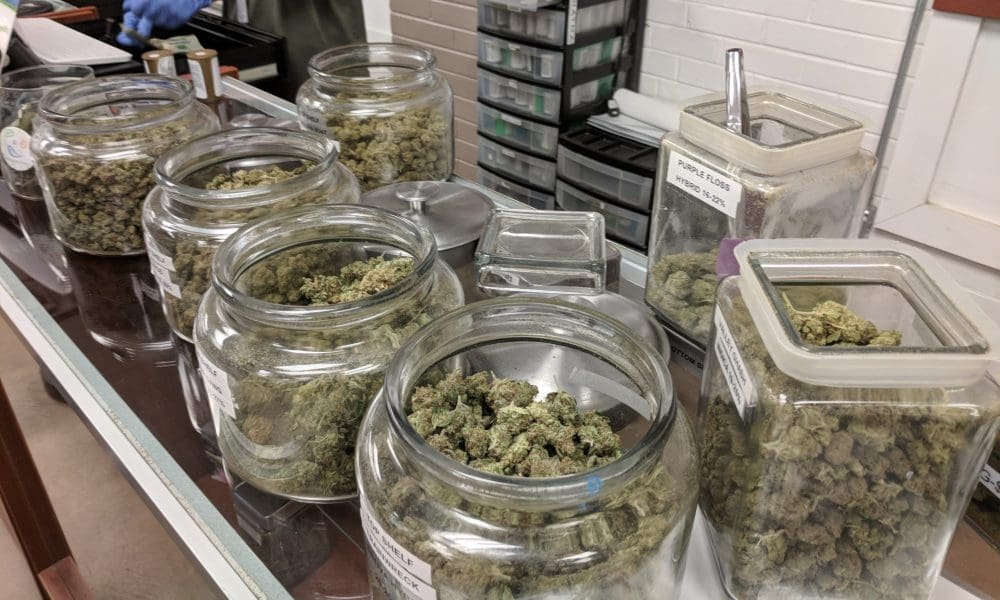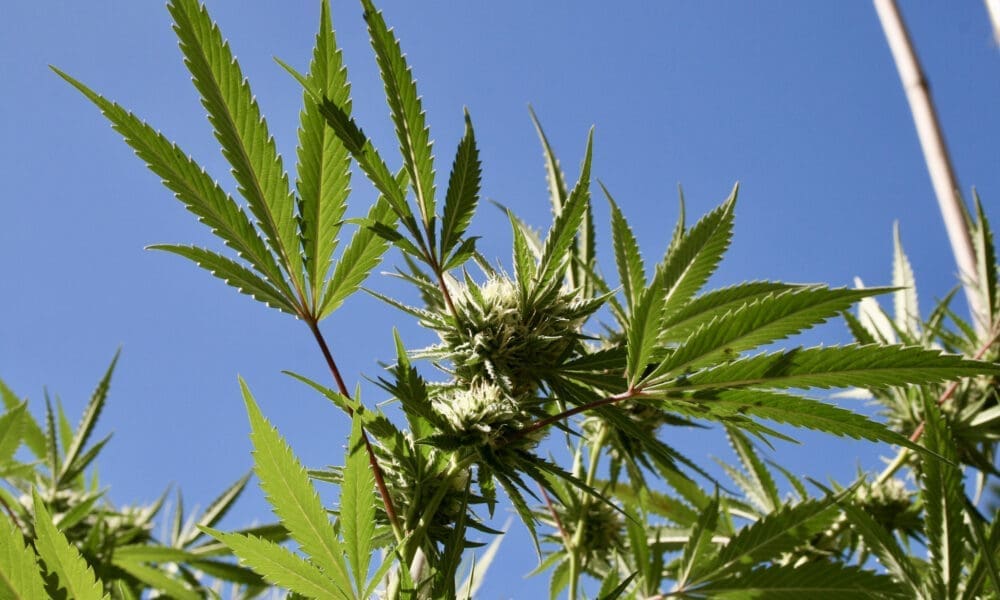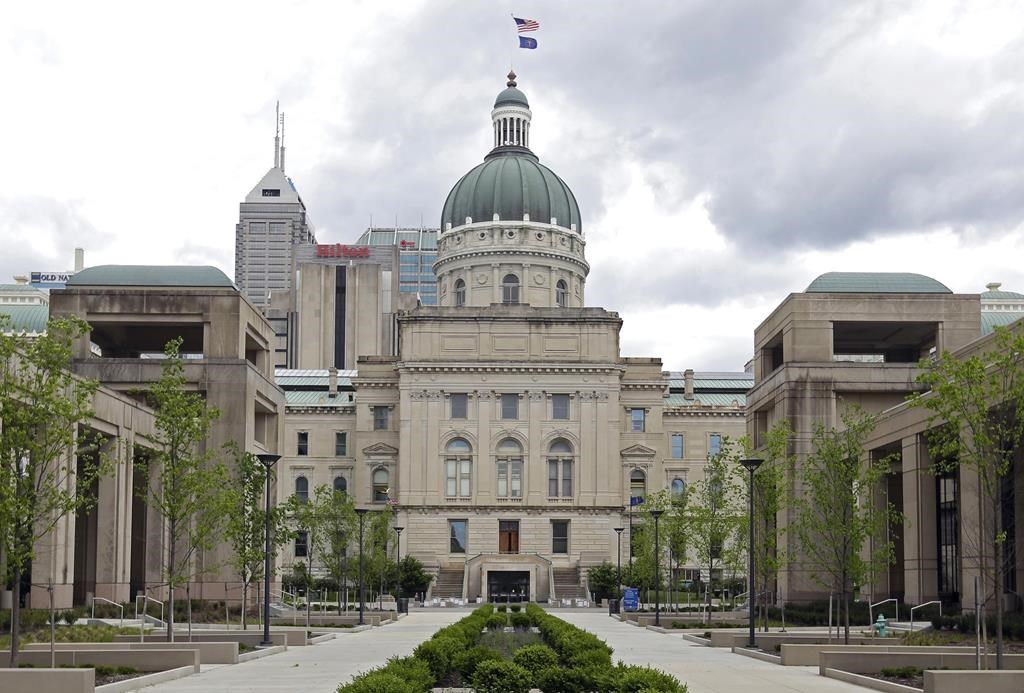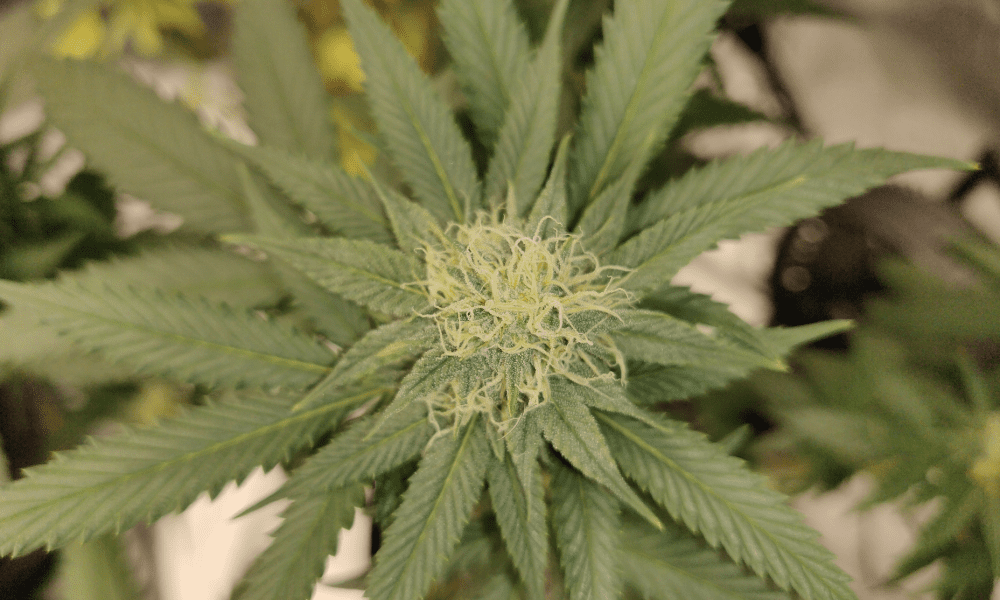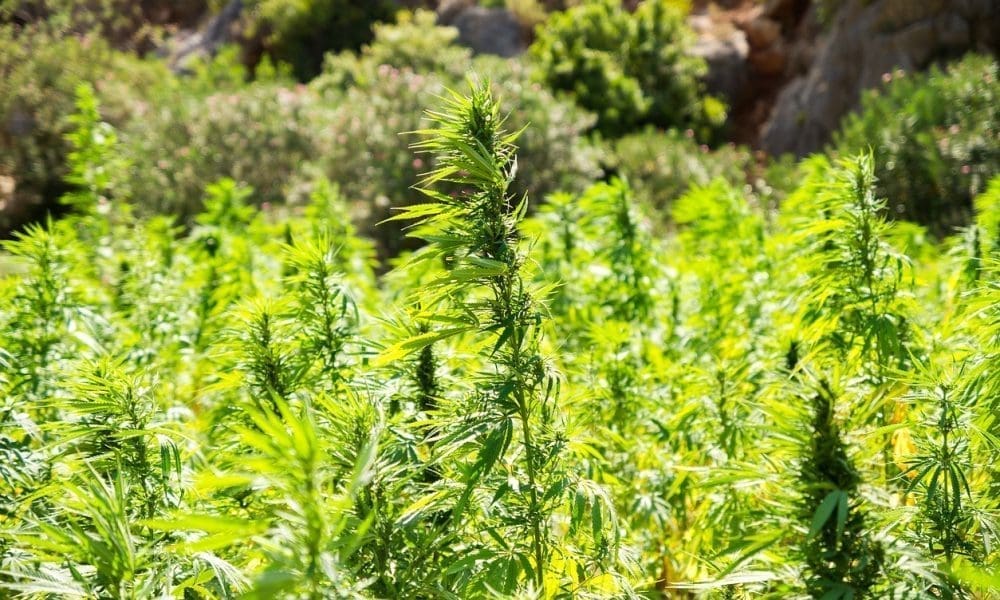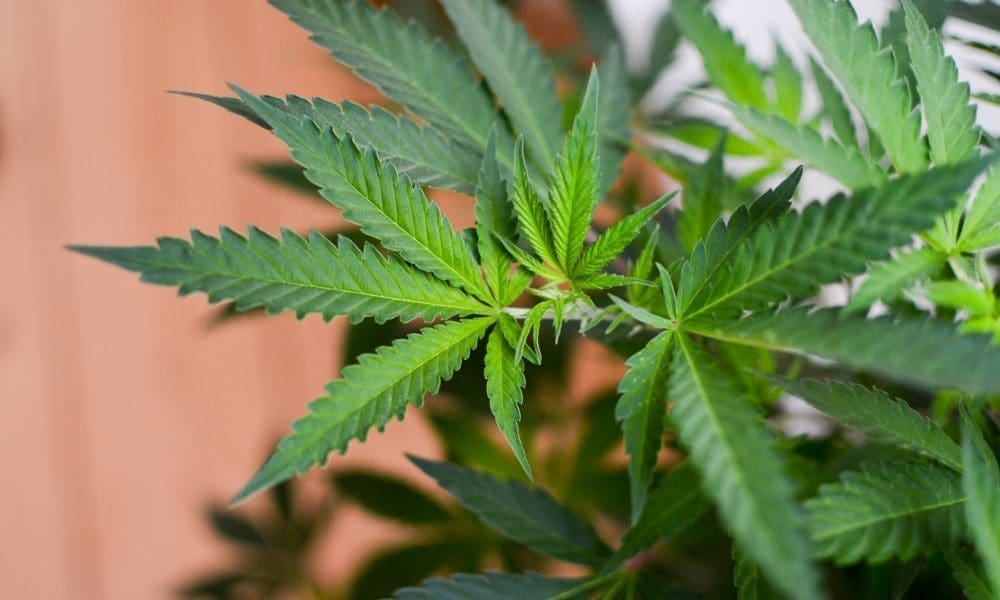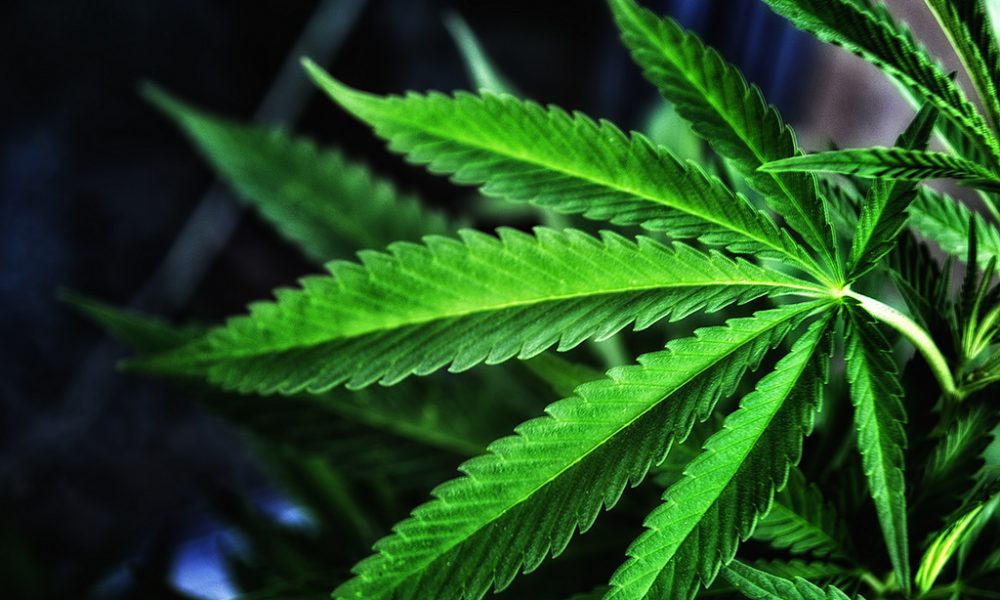This is rediculous, they want to study the cannabis plant now. But we are going to have to wait to build and establish the center, then studies can begin which will take years. This is not going to happen overnight. The politicians who want more research to be done need to look at studies that have already been done. There is going to be so much damage caused by prohibition as they drag their feet and delay until the very last second. What an embarassment. Yes we need certain studies to be completed and repeated for verification, but as of right now, there is more than enough information to gather to make an informed decision.
Cannabis research has been majorly impeded because of prohibitionis policies. They have set it up in every way to make it difficult to correct this political mistake.
Even the culture has been manipulated and tricked into thinking about cannabis in terms of abuse potential instead of what it truely is, a medicine which can be utilized for a variety of symptoms and conditons with a high level of safety. The mainstream has pre programmed everyone to think about cannabis in a certain way instead of taking a step back and realizing adults are able to moderate their use of it just like alcohol or coffee or tobacco.
Adults are being treated AS CHILDREN by the politicians who want to look good because they are trying to keep us safe. Most people see though this nonsense, and understand the level of disrespect and corruption of our political leaders who supposedly represent our interests.
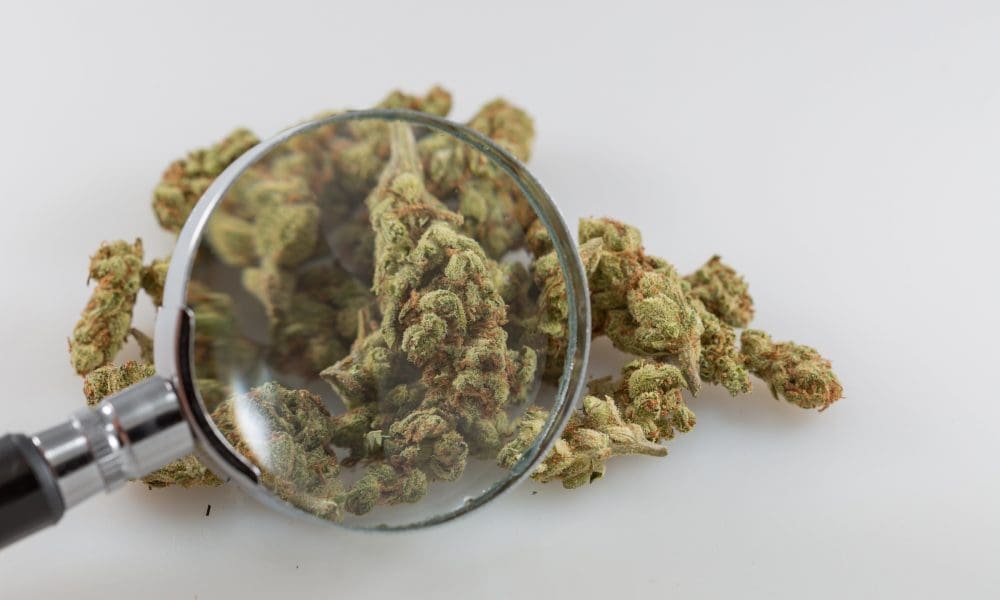
 www.marijuanamoment.net
www.marijuanamoment.net
Cannabis research has been majorly impeded because of prohibitionis policies. They have set it up in every way to make it difficult to correct this political mistake.
Even the culture has been manipulated and tricked into thinking about cannabis in terms of abuse potential instead of what it truely is, a medicine which can be utilized for a variety of symptoms and conditons with a high level of safety. The mainstream has pre programmed everyone to think about cannabis in a certain way instead of taking a step back and realizing adults are able to moderate their use of it just like alcohol or coffee or tobacco.
Adults are being treated AS CHILDREN by the politicians who want to look good because they are trying to keep us safe. Most people see though this nonsense, and understand the level of disrespect and corruption of our political leaders who supposedly represent our interests.

Top Federal Agency Promotes New Marijuana Research Center Amid Scientists’ Complaints About ‘Complex’ Study ‘Barriers’ Under Prohibition
A top federal health agency says it recognizes that there are ample concerns among scientists about how they’ve “encountered barriers that have hampered their research” into marijuana under federal prohibition, including “complex” federal regulations and inadequate supplies of cannabis. That’s...






 Brian Rosenzweig
Brian Rosenzweig